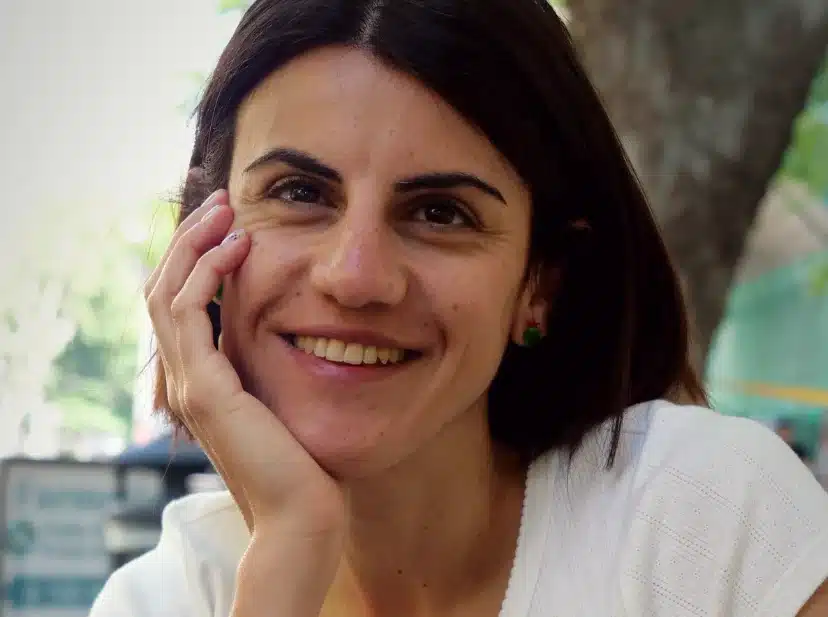The futuro nel passato is used when you want to talk about something that was in the future… from a past point of view.
Sounds confusing? Let’s break it down.
The Basic Idea
In the present, you say:
- Domani andrò al mare.
(Tomorrow I’ll go to the beach.)
Now, if you’re telling this from the past, it becomes:
- Ha detto che sarebbe andato al mare.
(He said he would go to the beach.)
So just like in English, we swap “will” for “would.”
And in Italian, we use the condizionale passato (past conditional).
How To Form It
Super simple: use the condizionale passato (past conditional).
This is the tense we use for saying what would have happened, or in this case, what someone said would happen.
Here’s the formula:
condizionale of essere or avere + past participle
| Verb | Condizionale Passato (Past Conditional) | English |
|---|---|---|
| andare | sarei andato/a | I would have gone |
| chiamare | avrei chiamato | I would have called |
| partire | sarei dovuto partire | I was supposed to leave |
Essere or avere?
Just like in the passato prossimo, some verbs use essere (e.g. movement verbs like andare, partire) and some use avere(e.g. chiamare, mangiare).
If you’re using essere, remember to match gender and number:
- Sarei andata (if you’re a woman)
- Saremmo andati (if it’s a group of men or mixed gender)
Read more about the Condizionale Passato here.

Test Your Italian
Not sure what your Italian level is?
I’ve created a free online Italian test to help you determine it.
When to Use Future in The Past
1. Reported Speech (Indirect Speech)
When someone said something about their future in the past.
- Ha detto che avrebbe studiato di più.
(He said he would study more.) - Pensavo che saremmo partiti presto.
(I thought we would leave early.)
❗Important
These verbs frequently introduce reported speech where a future event is mentioned from a past point of view. For this reason, they typically trigger the use of the future in the past in Italian — expressed using the past conditional(condizionale passato).
Common verbs include:
- dire (che) – to say (that)
- pensare (che) – to think (that)
- credere (che) – to believe (that)
- immaginare (che) – to imagine (that)
- sperare (che) – to hope (that)
Examples:
Marco ha detto che sarebbe arrivato alle 7.
(Marco said that he would arrive at 7.)
Pensavo che sarebbe stato più facile.
(I thought it would be easier.)
Lei credeva che il film sarebbe finito prima.
(She believed the movie would end earlier.)
Immaginavo che avremmo avuto più tempo.
(I imagined that we would have more time.)
Speravamo che tutto sarebbe andato bene.
(We hoped that everything would go well.)
2. Intentions or Plans from the Past
- Avremmo voluto vedere quel film.
(We would have liked to see that movie.) - Lui sarebbe partito il giorno dopo.
(He was going to leave the next day.)
Italian vs English
| Present | Future in the Past |
|---|---|
| Domani andrò a Roma. (I’ll go to Rome tomorrow.) | Ha detto che sarebbe andato a Roma. (He said he would go to Rome.) |
| Partiremo presto. (We’ll leave early.) | Pensavo che saremmo partiti presto. (I thought we would leave early.) |
| Lo chiamerò più tardi. (I’ll call him later.) | Ha detto che lo avrebbe chiamato più tardi. (He said he would call him later.) |







